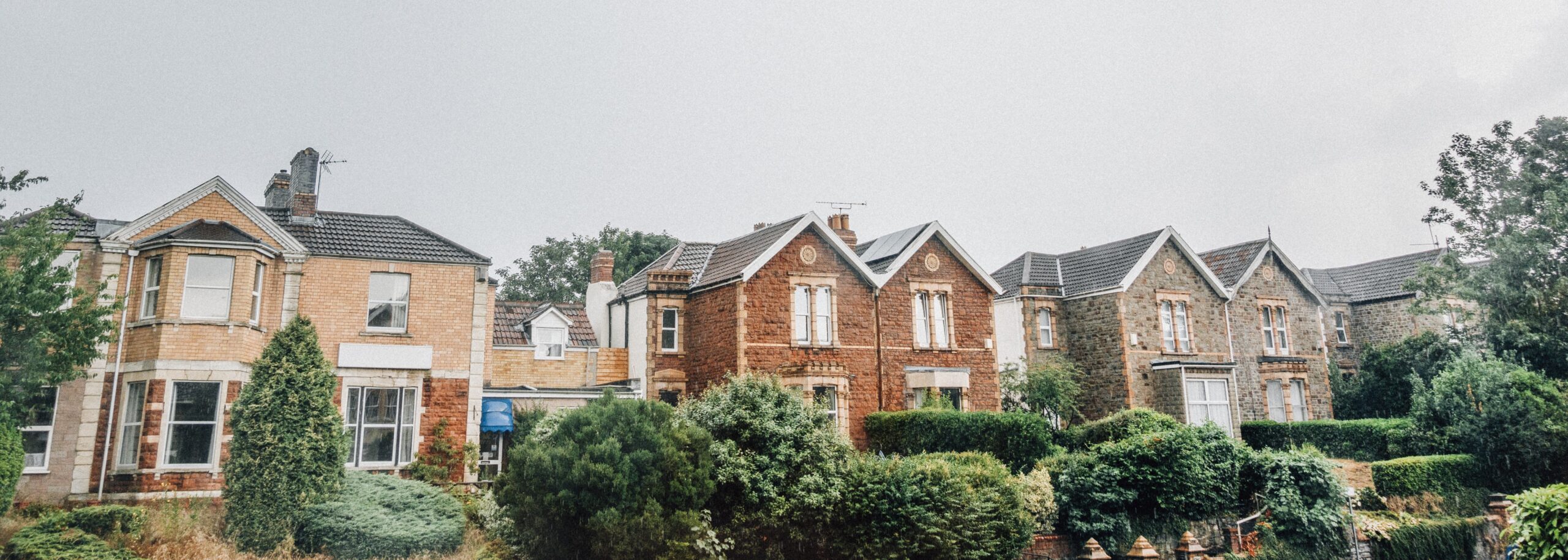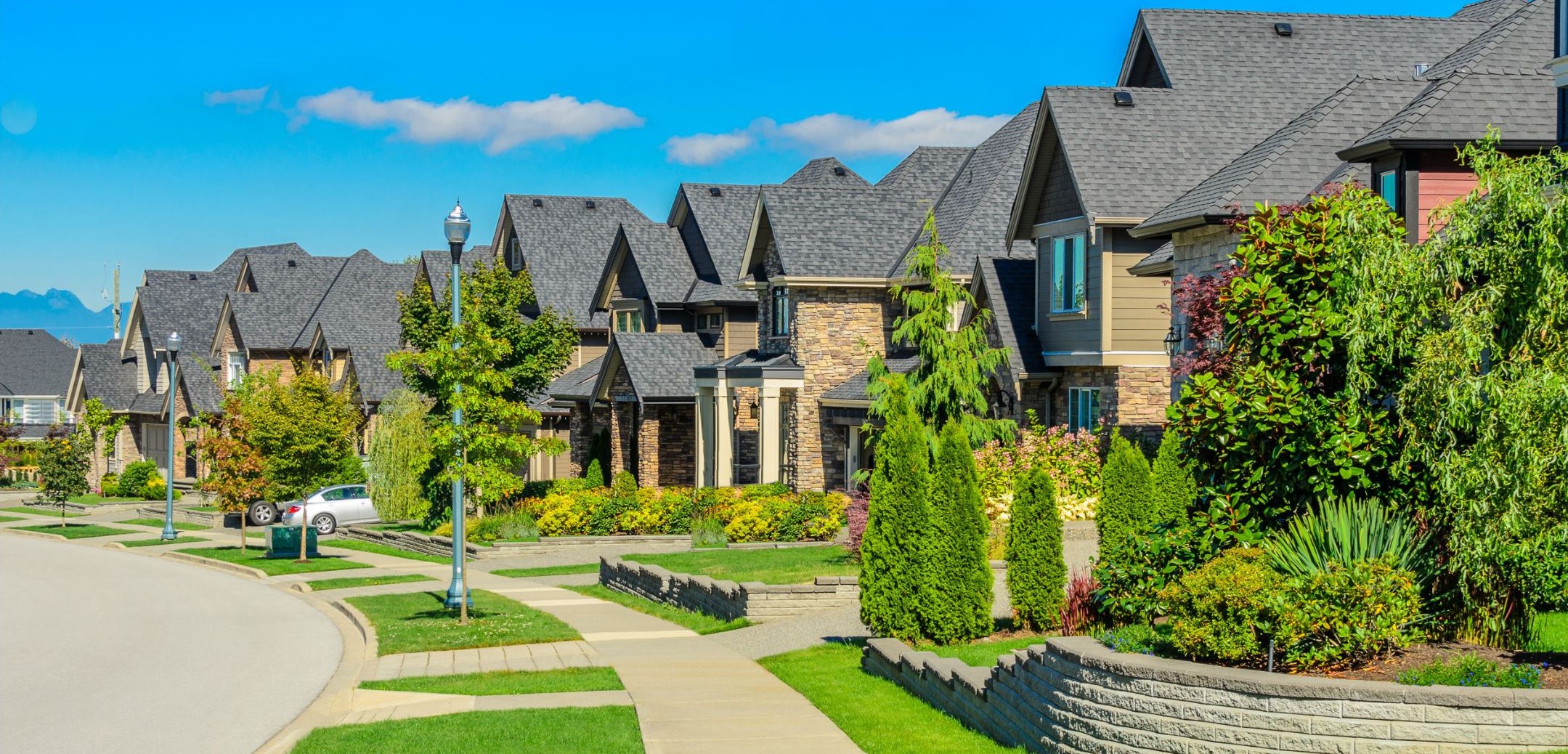With housing costs on the rise and many individuals and families struggling to find suitable and affordable places to live, the issue of affordable housing has become more pressing than ever. In this post, we’ll be exploring the various federal programs aimed at addressing this critical issue.
From subsidized housing to rental assistance initiatives, the federal government plays a significant role in providing support and resources to make housing more accessible for those in need. This article explores the following programs by US Housing and Urban Development department:
● HUD (Housing and Urban Development) Programs
● Programs for Veterans
● Programs for Low-Income Families and Individual
● Programs for Specific Population Groups
● Benefits of Affordable Housing Programs
What Are the HUD (Housing and Urban Development) Programs?
The U.S. Department of Housing and Urban Development (HUD) plays a key role in America’s fundamental housing issues.
Through HUD, Americans can access support to secure fair market rent rates in their neighborhoods, obtain mortgage loans for home purchases and utilize housing vouchers for rent payments.
HUD offers a range of initiatives to aid low-income Americans to homeownership and rental opportunities. HUD administers several key programs to fulfill its mission, including:
● Section 8 Housing Choice Voucher Program
● FHA Mortgage and Loan Insurance for Public Housing
● Grants from the Community Development Block Grant (CDBG)
● HOME Investment Partnerships Program
● Aid for the Homeless
● Fair Housing Assistance Program (FHAP)
Section 8 is a flagship program of the U.S. Department of Housing and Urban Development (HUD). These programs aimed at increasing access to affordable housing for low-income families. It also targets to ensure the safety and sanitation of eligible HUD housing units.
Established as part of the U.S. Housing Act of 1937, Section 8 comprises several sub-programs. All the subprograms aim to fulfill various needs of different families seeking housing assistance. To qualify for Section 8, families must first meet income guidelines based on the area median income. The median income is determined according to family size and current income limits.
Additionally, low-income households must fulfill other criteria such citizenship, a clean criminal record, a positive rental history, and residency within a qualified HUD area. HUD’s public housing program and its Section 8 program serve as two distinct housing assistance options.
While Section 8 provides vouchers that families can utilize in approved private housing, public housing units are directly owned by HUD. Notably, the Section 8 voucher is associated with the rental unit rather than the individual.
In contrast, individuals residing in public housing risk losing their benefits upon moving. Local public housing authorities are responsible for maintaining each unit, although HUD retains ownership.
Collaboratively, the housing agency and HUD assess and determine eligibility based on HUD requirements. Individuals seeking accommodation in a public housing unit must adhere to HUD regulations in terms of application process, income limits, and leasing terms.
These programs are instrumental in providing financial assistance and housing opportunities across the United States. HUD endeavors to address housing challenges and promote equitable access to affordable and safe housing for all Americans.
What Are the Programs for Veterans?
Veterans Affairs Supportive Housing or VASH is a free government grants for housing for veterans. It is a collaborative initiative of two departments; the housing department and department of veteran affairs.
It combines Housing Choice Voucher or HCV (HCV) rental assistance from HUD and comprehensive case management and clinical services for homeless Veterans from the Department of Veterans Affairs (VA).
The VA Central Office analyzes the data and cross-checks VA facilities in the specific communities to find out areas where homeless Veterans are high in number. HUD then selects nearby PHAs, considering their administrative performance, and invites them to apply for the vouchers.
Are there Programs for Low-Income Families and Individual?
Government housing programs offering safe and affordable rental housing to low-income families. These housing options range from single-family homes to high-rise apartments. This program is successfully providing housing for approximately 970,000 households managed by 3,300 local housing agencies (HAs).
The U.S. Department of Housing and Urban Development (HUD) plays a crucial role in administering federal aid to these agencies. The department supporting their efforts to provide housing with its resources.
Eligibility for public housing is depending on several factors such as annual gross income, age, disability status, family composition, citizenship or immigration status etc. Housing agencies assess applicants’ suitability as tenants based on references. After that, they may deny admission to those whose habits could negatively impact other residents or the community.
The lower income limits set at 80% and very low-income limits at 50% of the median income for the relevant area. These limits vary by location and affecting eligibility for public housing in different areas. HUD has the responsibility to establishes income limits.
Prospective residents can get information on income thresholds from their local housing agency or access them online. Overall, public housing serves as a lifeline for individuals and families in need. It’s providing them with a stable and secure living environment that aligns with their financial circumstances.
What are the Programs for Specific Population Groups?
Section 811 and section 202 are the two programs for specific population group. Let’s have a look at them in details:
Section 811
The Section 811 Supportive Housing program is for low income elderly people with disabilities. HUD aims to secure funding for the development and subsidization of rental housing through this program.
This initiative caters to low-income adults suffering from various disabilities and provides them supportive services within their living arrangements.
The primary goal of the Section 811 program is to enable individuals with disabilities to lead independent lives within their communities. The reformed Section 811 program operates in two distinct ways. Firstly, it offers operating subsidies and capital advances to developers without charging any interests.
It facilitates the construction of affordable housing tailored to the needs of persons with disabilities. Secondly, the program provides rental assistance to various housing agencies. It’s important to note that the last appropriation for traditional 811 capital advances was made in FY 2011.
Section 202
HUD’s Section 202 program offers housing for low income elderly person. The program also includes rent subsidies to ensure what is a subsidized apartment and the affordability of these housing projects. The primary goal of the Section 202 program is to enhance the availability of affordable housing options. As you can see, this initiative is nearly similar to the Section 811 program we discussed above.
Under this program, HUD offers interest-free capital advances to private, nonprofit sponsors to facilitate the development of supportive housing for the elderly. Notably, the capital advance is not required to be repaid as long as the project caters to very low-income elderly persons for a minimum of 40 years.
Furthermore, project rental assistance funds are allocated to bridge the gap between the HUD-approved operating costs for the project and the tenants’ rental contributions. Initially approved for a period of 3 years, these project rental assistance contracts are subject to renewal based on the availability of funds.
What Are the Benefits of Affordable Housing Programs?
The Department of Housing and Urban Development (HUD) is dedicated to assisting various groups of individuals in finding and maintaining suitable housing.
This includes families with lower incomes, elderly individuals, persons with disabilities, and others who may be facing housing challenges. Following are the benefits of affordable government housing grant:
Ensuring Affordable Housing
HUD plays a pivotal role in promoting affordable housing for all. Their efforts are geared toward preventing homelessness and maintaining a stable economy.
HUD collaborating with local governments, non-profit organizations, and businesses and works to expand the availability of affordable housing. Their incentives encourage builders and developers to create homes that are accessible to individuals with limited financial resources.
Promoting Fair Treatment
An essential focus for HUD is to uphold fairness and combat discrimination. The enforcement of the Fair Housing Act is a key aspect of their work.
This legislation prohibits discriminatory practices based on factors such as race, ethnicity, religion, disability, gender, and other personal characteristics. HUD investigates complaints of unfair treatment and provides education to landlords and tenants about their housing rights.
Revitalizing Cities and Communities
HUD’s commitment extends beyond housing. They are dedicated to enhancing cities and communities.
They support projects to revitalize urban areas, improve neighborhoods, and enhance public spaces such as roads and parks. The objective is to create more livable and inclusive communities, fostering growth and harmony among residents.
Sustainable Housing Initiatives
HUD prioritizes environmentally sustainable housing solutions. They advocate for housing beneficial for individuals, the economy, and the environment. Long-term viability is the key focus of HUD programs.
HUD aims to ensure the well-being and sustainability of communities for generations to come by promoting eco-friendly housing.
Conclusion
Federal programs for affordable housing play a crucial role in addressing the pressing need for accessible and sustainable housing options for low and moderate-income individuals and families.
There is still much work to be done to meet the growing demand for affordable housing, and continued support and advocacy for these programs are essential to ensure that everyone has a place to call home.
For further assistance and information on applying for vouchers, individuals can visit housingauthoritynearme.com to find resources and organizations in different states.


X22Cer
Hey people!!!!!
Good mood and good luck to everyone!!!!!